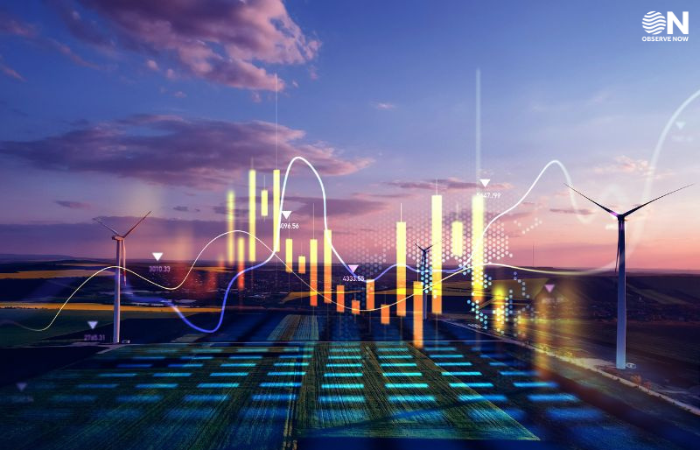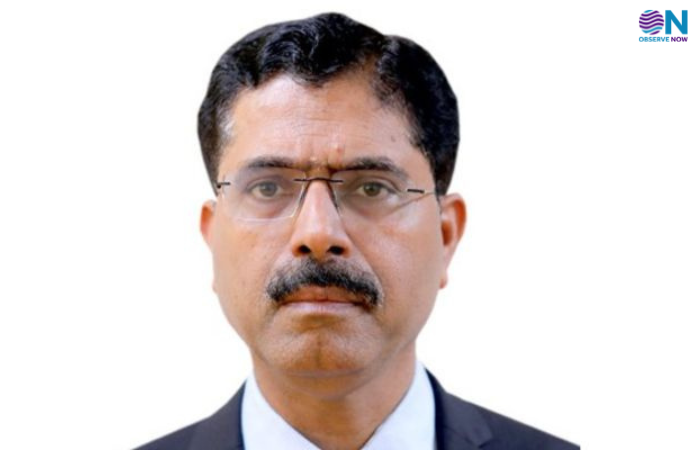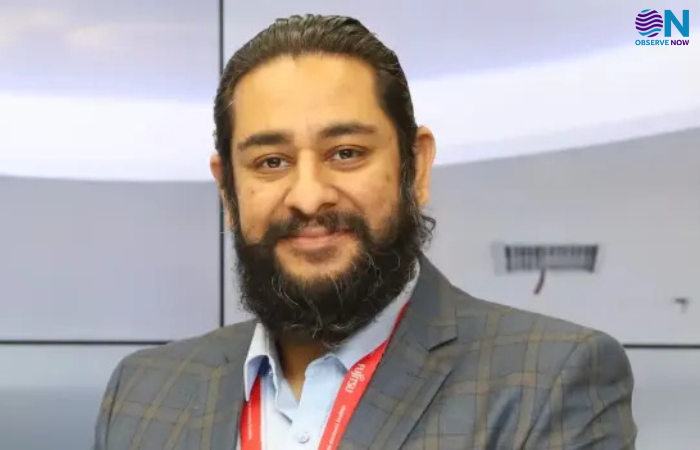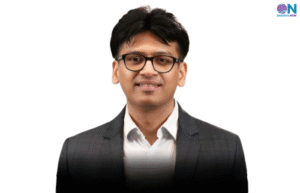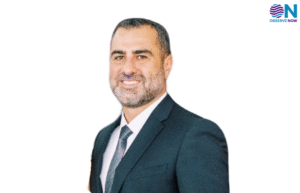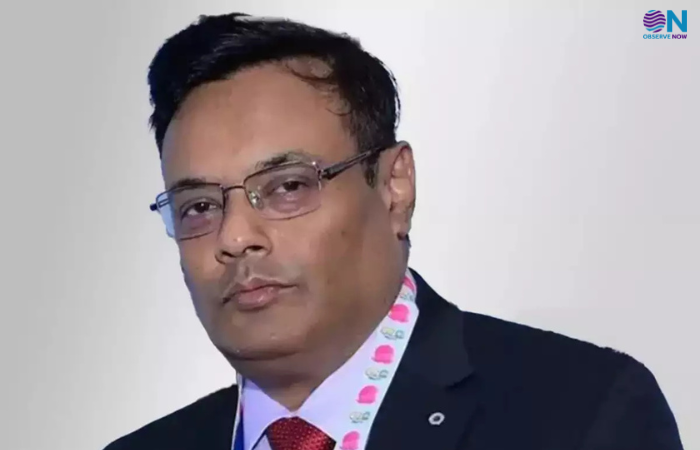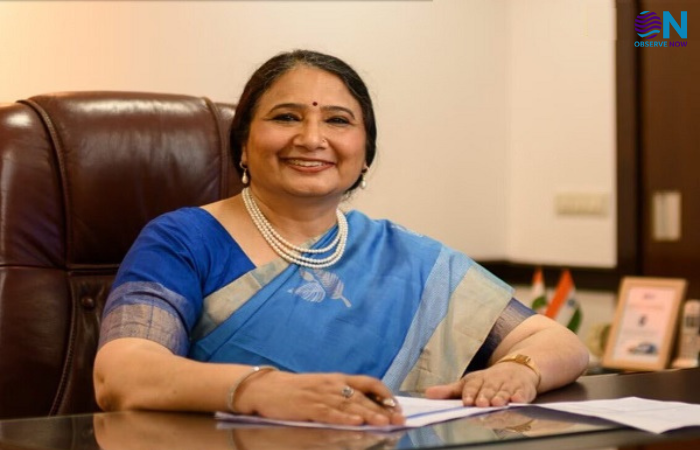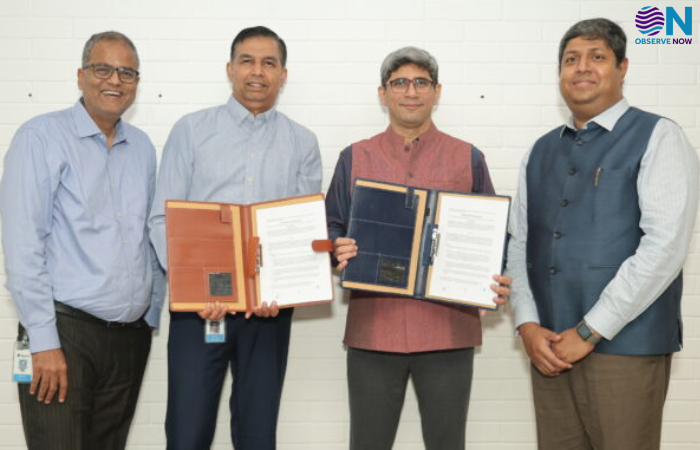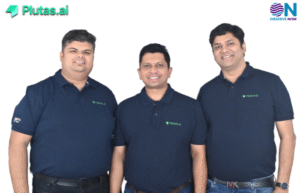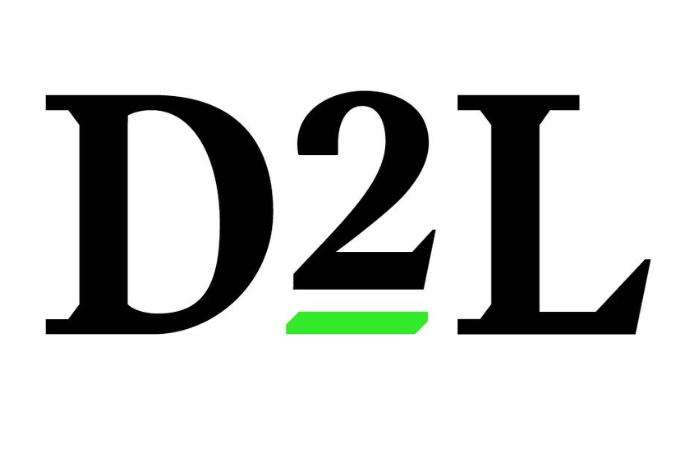India Records Second-Largest Rise in Energy Demand, Surpassing Advanced Economies: IEA Report
India witnessed the second-largest increase in energy demand globally in 2024, exceeding the combined rise in all advanced economies, according to the International Energy Agency’s (IEA) Global Energy Review 2025. The country was surpassed only by China, which saw a more moderate growth rate than previous years.
The report, released on Monday, highlighted that global energy demand surged by 2.2 percent in 2024, outpacing the average annual increase of 1.3 percent recorded between 2013 and 2023. While global GDP grew by 3.2 percent, energy consumption was driven largely by emerging and developing economies, which accounted for over 80 percent of the increase. Notably, China’s energy demand growth slowed to under 3 percent—half its 2023 rate—while advanced economies saw a return to growth with nearly a 1 percent increase.
Power Sector Drives Energy Demand Growth
The sharp rise in global energy consumption was primarily led by the power sector, with electricity demand surging by 4.3 percent—nearly twice the annual average of the past decade. Record global temperatures significantly boosted cooling demand, alongside increased consumption from industrial activity, transport electrification, and the expanding footprint of data centers and artificial intelligence.
Renewable energy played a key role in meeting the increased demand, with 80 percent of the additional electricity generated in 2024 coming from renewable sources and nuclear power. The world saw a record installation of 700 gigawatts of new renewable capacity, marking the 22nd consecutive year of record growth. Nuclear power additions also reached their fifth-highest level in three decades, while natural gas-fired generation continued to rise.
IEA Executive Director Fatih Birol emphasized that electricity consumption is now a major driver of overall energy demand, reversing years of decline in advanced economies. “Electricity use is growing rapidly, pulling overall energy demand along with it,” Birol noted. “Renewables are covering the largest share of this growth, followed by natural gas, while the rapid expansion of solar, wind, nuclear power, and EVs is increasingly decoupling emissions from economic growth.”
Fossil Fuels: Natural Gas Leads Growth, Oil Demand Slows
Among fossil fuels, natural gas experienced the strongest demand growth, increasing by 2.7 percent (115 billion cubic meters). In contrast, oil demand growth slowed to just 0.8 percent, bringing oil’s share of total energy consumption below 30 percent for the first time since its peak of 46 percent five decades ago. The rise of electric vehicles played a significant role in curbing oil demand, with EV sales growing by over 25 percent and accounting for one in five new cars sold globally.
China & India Account for 90% of Global Coal Consumption Growth
Coal demand rose by 1 percent in 2024, a slower rate compared to the previous year. Intense heatwaves in China and India—driving up cooling needs—accounted for over 90 percent of the global increase in coal consumption, underscoring the impact of extreme weather on energy patterns.
Despite rising energy demand, the rapid deployment of clean energy technologies helped curb the growth of energy-related CO2 emissions, which rose by 0.8 percent to 37.8 billion tonnes. However, emissions in advanced economies declined by 1.1 percent to levels last seen 50 years ago, despite a tripling of GDP. The majority of emissions growth in 2024 came from emerging economies outside of China, while China’s per-capita emissions now exceed those of advanced economies by 16 percent.
Dr. Birol noted that key global energy trends—such as slowing oil demand, rising EV adoption, and the growing dominance of electricity—are becoming increasingly evident. “The increasing decoupling of emissions from economic growth is a promising sign,” he added.


